The Government of Ghana will officially assume operational control of the Damang Mines, operated by Abosso Goldfields Limited (AGL), after the mining lease expired on April 18, 2025. The decision follows the unsuccessful application by AGL to renew its 30-year lease.
The takeover is being executed in accordance with Section 23 of the Minerals and Mining Act, 2006 (Act 703) and marks a pivotal shift in the government’s approach to managing mineral resources for maximum national benefit.
Why the Lease Was Not Renewed
According to the Ministry of Lands and Natural Resources and the Minerals Commission, the rejection of the renewal was based on empirical, legal, and technical grounds, including:
• Failure to Declare Reserves: AGL did not provide verifiable gold reserves in its renewal application. This is a mandatory requirement under Ghana’s mining laws.
• No Technical Mining Programme: The company did not submit a clear operational plan or technical justification for continued mining.
• Lack of Exploration Investment: Gold Fields failed to allocate any budget for exploration at Damang in the past two years, raising concerns over long-term viability.
Interestingly, Gold Fields’ own 2024 Annual Report, published in March 2025, reportedly supported the government’s position, indicating no significant mineral reserves at the site.
Seamless Transition & Worker Reassurance
Government has assured all workers, service providers, and contractors that there will be no disruption to operations at the mine.
“Wages will be paid. Valid contracts will be honoured. Operations will continue,” a spokesperson from the Ministry said. “This is not a shutdown; it is a realignment in the national interest.”The state says it is committed to:
• Maintaining job security
• Prioritizing local hiring and procurement
• Honouring all valid contracts and service agreements
• Ensuring transparency throughout the transition process
Local Content First
As part of the takeover, local businesses and workers within the Damang catchment area will be given priority in employment and contract opportunities, in line with Ghana’s Local Content Policy.
A dedicated transition team has been tasked with engaging all stakeholders—including workers, traditional leaders, and community members—to ensure open communication and stability during the changeover.
A New Chapter for Ghana’s Resource Governance
The Damang Mines decision signals a broader policy shift by the government away from automatic license renewals and toward more rigorous, value-driven mineral management.
“We welcome foreign investment,” the Ministry emphasized, “but Ghana’s mineral wealth must be managed transparently and used to benefit its people first.”This approach, the government says, balances international investor confidence with local economic priorities, in line with the 1992 Constitution and existing international agreements.
What’s Next?
The Ministry of Lands and Natural Resources has pledged to provide regular updates on the progress of the transition, which officially takes effect April 19, 2025.
Security protocols have also been put in place to ensure orderly operations and asset protection at the site. The government has cautioned against unauthorized interference, promising to uphold the integrity of the process.










